The state has resorted to intimidation, arbitrary arrests and systemic silencing of dissent.
By: Muhamad Isnur | Republished from The Jakarta Post
After civil society organizations submitted an urgent appeal to the Office of the United Nations High Commissioner for Human Rights last month, the Indonesian Legal Aid Foundation (YLBHI) continued gathering evidence showing at least eleven recurring patterns of violations in Indonesia’s handling of the recent protests in August and September.
Together, these findings paint a stark picture: instead of protecting citizens, the state has resorted to intimidation, arbitrary arrests and systemic silencing of dissent. This is why we have asked the UN to monitor, investigate and report on Indonesia’s human rights situation.
Between August 25 and early September, thousands of Indonesians across the archipelago crowded the streets, voicing frustration at inequality and unresponsive governance. Citizens sought dialogue. What they encountered was repression. A total of ten people died as a direct result of the chaos. According to our records, 3,337 people were detained in just eight days across 18 regions. As of Sept. 27, the police have named 960 people as suspects in connection with the demonstrations and riots in August 2025.
The patterns reveal how repression has become systemic. Families and lawyers were often denied access to detainees, while arrests were carried out by non-uniformed officers, usually at night and without evidence. Those arrested endured marathon interrogations designed to intimidate and exhaust. Witnesses were forcibly treated as suspects, homes raided without warrants and literature such as books or zines confiscated to stigmatize people as “anarchists.” Access to legal aid was obstructed, with some detainees pressured to revoke their lawyers.
Children were especially vulnerable. Hundreds of minors were tortured into false confessions, beaten and humiliated without parental or legal accompaniment, leaving them exposed to extortion. Their personal data was leaked online, branding them as criminals before any trial.
Meanwhile, accountability mechanisms failed: deaths and injuries caused by security forces were ignored, and victims of wrongful arrest were pressured to accept compensation in exchange for silence.
These are not isolated incidents but a coordinated pattern of abuse. Repression has extended into the digital sphere. Two young men were arrested under the Electronic Information and Transactions Law for online satire. Lawyers providing legal aid to students now face incitement charges. Law is no longer a shield for citizens but a weapon against them.
The human cost is devastating. Fellow civil society organization, the Commission for Missing Persons and Victims of Violence (Kontras), documented 44 complaints of police abuse, with 41 victims testifying to torture or inhumane treatment. Two young men, Reno Syaputradewo and Muhammad Farhan Hamid, remain missing after last being seen at Police Mobile Brigade (Brimob) headquarters in Central Jakarta. In Bandung, 203 people sought medical care after police fired expired tear gas onto a university campus. Even after protesters dispersed, officers returned to launch 60 more canisters into a student medical post. A campus meant for study and debate became a battlefield.
Equally disturbing is the government’s response. Instead of investigating torture, disappearances or the unlawful use of force, authorities insisted their actions were “proportional.”
For YLBHI and other civil society groups, these events feel like déjà vu. We remember the years before 1998, when dissent was criminalized and fear of the state was part of daily life. After Reformasi, we believed that never again would Indonesians endure such repression. Yet today, the military is again deployed to manage civilian protests, and democracy itself is treated as expendable.
This matters beyond the fate of today’s detainees. Democracy does not collapse in a single moment. It erodes step by step, when warrantless arrests become routine, when disappearances are brushed aside, when peaceful assembly is criminalized. Each step chips away at the promise of reform.
That is why we appeal to the UN. Not because we reject Indonesia’s sovereignty, but because our leaders have abdicated their responsibility to protect rights. When the legislature enriches itself instead of serving citizens, when oversight mechanisms collapse, when state institutions align with repression, international attention becomes essential.
But our call is also to Indonesians: do not look away. Authoritarianism thrives when repression is treated as temporary or someone else’s problem. History teaches us that once silencing begins, no voice is safe.
What is at stake is not only the fate of detainees but the very meaning of democracy in Indonesia. Democracy is not a word in the Constitution, it is lived in whether people can protest without punishment, speak without fear and hold leaders accountable without being branded traitors. By that measure, Indonesia’s democracy is failing.
We write not as outsiders, but as guardians of a promise made in 1998: dignity for all, not prosperity for the few. That promise is now in peril.
Indonesia stands at a precipice. One path leads back into authoritarian shadows. The other moves forward, toward a democracy practiced, not just proclaimed.
Which path we take depends not only on leaders, but on citizens and institutions, domestic and global, who refuse to remain silent.
Democracy is fragile. But it will not vanish, if we choose to defend it.
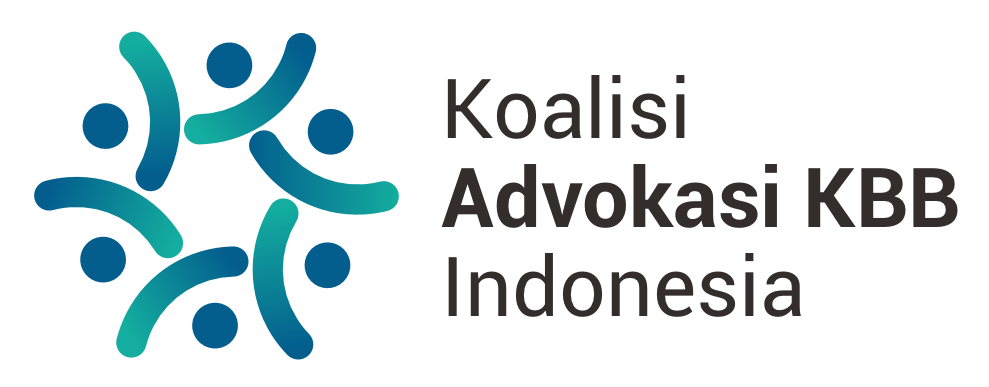
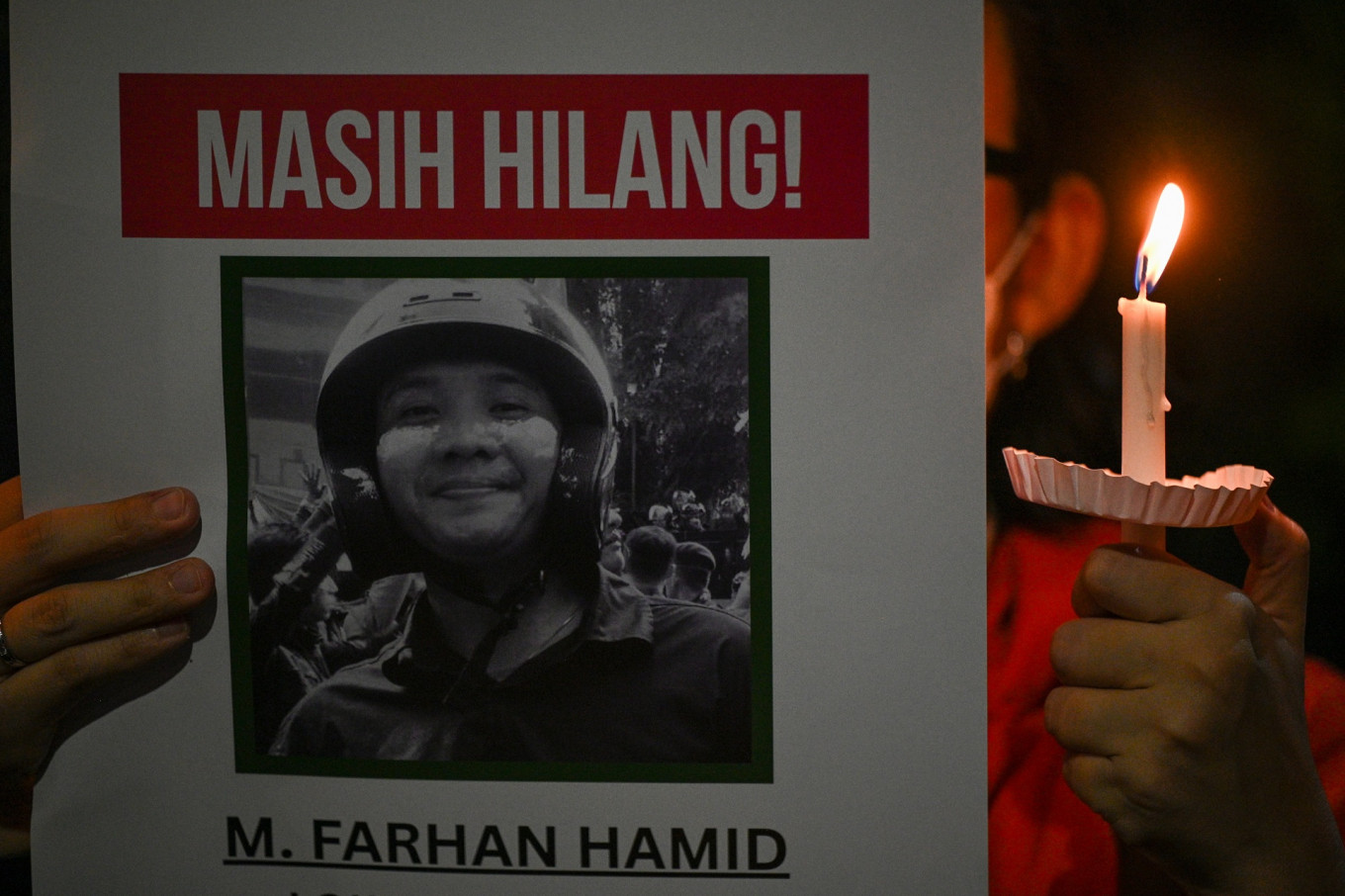

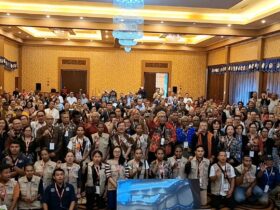


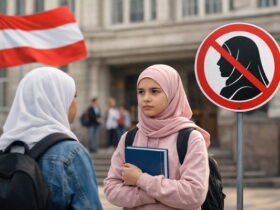
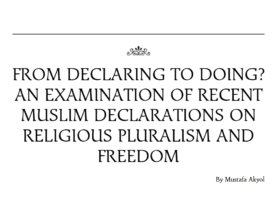

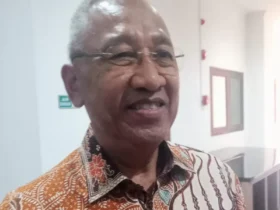
Leave a Reply